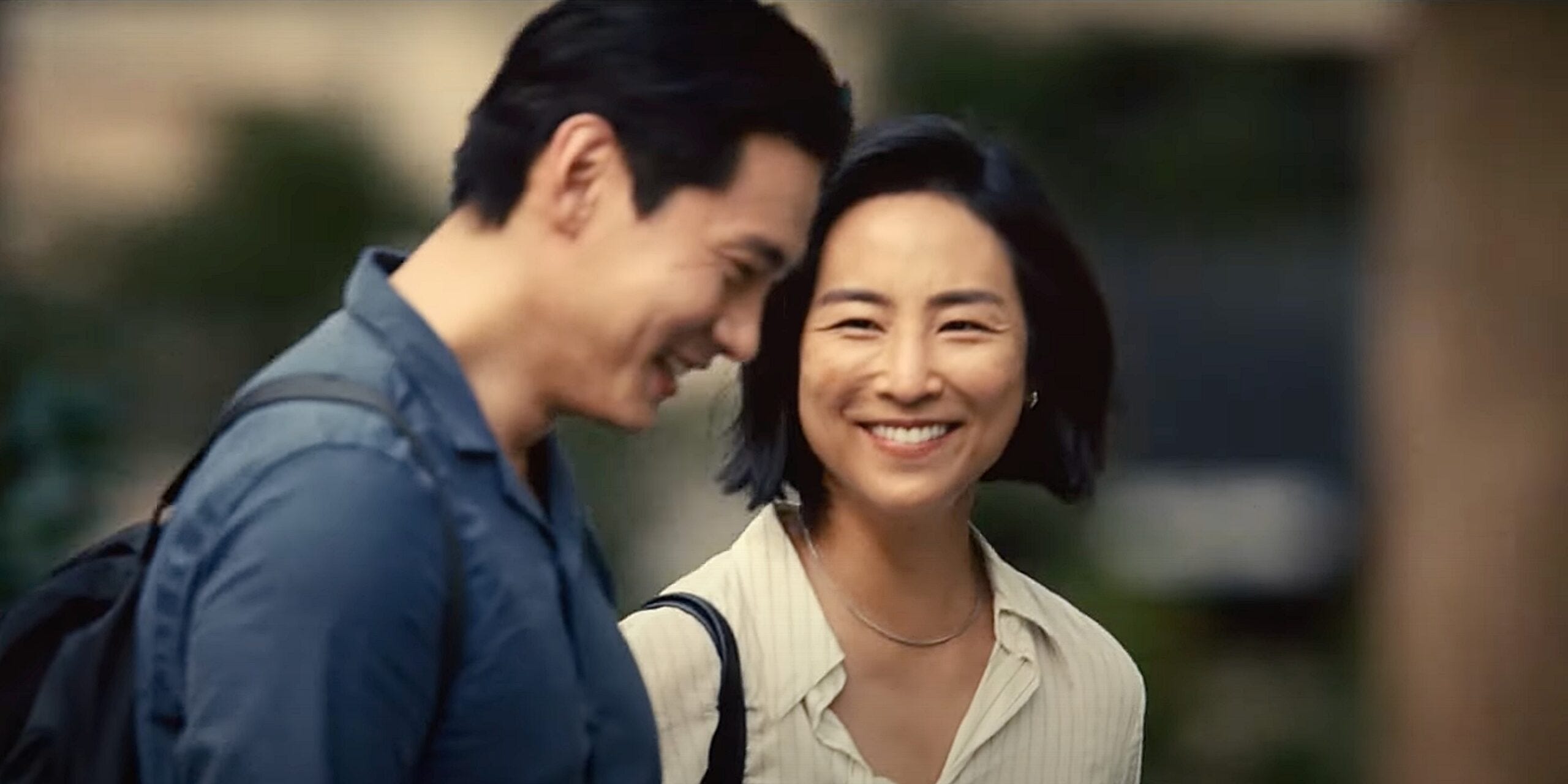When I say the word “ambition” – what kind of image does it conjure up in your mind?
For me, I imagine a career-ladder-climbing business man in a professional suit. Someone fake smiling with straight, clean teeth. Someone who may manipulate others to get what they want. Someone who does not know how to love.
The movie ‘Past Lives’ offers up an alternative image of ambition. The main character is a woman named Nora. She immigrates to Canada with her family as a young girl, leaving behind her childhood crush Hae Sung.
Since I saw the movie, I have thinking about the potential trade-off between love and ambition.
Nora moves to New York City in her 20s, pursuing her dreams of becoming a playwright. When she looks up Hae Sung on Facebook, she finds that he was also searching for her. They reconnect, spending hours on Skype calls together. However, Nora soon tells him that she needs to commit to her life as an artist in New York. Hae Sung is sad, but understands her decision. Nora goes on to meet Arthur at a retreat, and marries him. The story takes place in present day New York City, during a week in which Hae Sung comes to New York to visit Nora after years without contact.
Nora’s ambition is visible from the very first scenes in the movie. Hae Sung and Nora are walking home from grade school. Nora is pouting and in a sour mood. It is revealed that Hae Sung had gotten higher marks than her on their exam. Hae Sung comforts her. His kind, soft spoken manner stays with him as he ages in the movie.
Later, when young Hae Sung asks Nora why she is leaving Korea, she says matter-of-factly, “Koreans don’t win Putlitzers.” Another clear sign of young Nora’s ambition.
When Hae Sung and Nora meet again in their 30s, for the first time since those days in Korea, we can see that they clearly enjoy spending time with one another. Hae Sung says, “I like this,” indicating how focused he is on enjoying the time he has with her in the present moment. He seems perfectly content, not asking anything of Nora.
Nora’s relationships with Arthur is different from the one she has with Hae Sung. In an intimate scene, Arthur wonders out loud to Nora whether another man, who happened to live in New York, who happened to be able to sponsor her green card, had walked into that artists’ retreat instead of him, would she have loved him and married him instead? Nora cuddles up to him in bed, reassuring him that she loves him, but the audience can tell she doesn’t have the answers herself. It is difficult to truly understand someone else’s ambition, but one way to gauge it is to ask. In that scene, Arthur seemed to be indirectly asking Nora “Do we still have the same ambitions?” as well as “Are you happy in this life that we share together?”
Arthur’s love supports Nora’s ambitions, but the scene hints at a transactional aspect of their love. We see some of Arthur’s insecurities appear as he wonders aloud in bed. Perhaps his own ambition is to be with a pretty woman to make him feel like he is a desirable man. The scene in which Arthur and Hae Sung meet for the first time got some laughs from my movie theatre audience. Arthur looks squirrelly standing next to handsome, chiseled Hae Sung.
Hae Sung represents the traditional, straightforward life path for a woman, the one Nora left behind in Korea. On the other hand, I think Arthur represents the more complicated life path, one that is more riddled with uncertainty and doubt because there actually is no path at all — she is building the path as she walks. That path can be more authentic and meaningful, but there are no guarantees.
If I could have a conversation with Nora, I would like to ask her if it’s worth it. The immigration paperwork, the tiny apartment in East Village far from family, the writing workshops day in and day out? She cries not because she wants to be with Hae Sung, but because she asks herself, is this still worth it? Could she have been just as content living in Korea with Hae Sung all along?
When one reflects on these kinds of questions, it’s healthy. Ambitions are fluid, and what we think is important to us may later on be something that we are surprised we ever cared about in the first place. After all, Nora evolves from wanting a Pulitzer Prize to being happy to receive a Tony. She is attempting to balance ambition and love, like many of us are.
It’s important to rebalance thoughtfully, and often – am I choosing authenticity or “success”? This question can also be more generalized to – am I sacrificing too much in the present for an uncertain future?
Ambition does not have to be cold, competitive, or devoid of love. Nora’s ambition, while complicated and challenging, is intertwined with her relationships and personal growth. Through her, we see a more nuanced picture of ambition — one that involves love, sacrifice, and self-questioning. Perhaps that’s a healthier image of ambition we should aspire to, an ambition that is not solely defined by professional success, but also by our capacity to lead meaningful lives.
